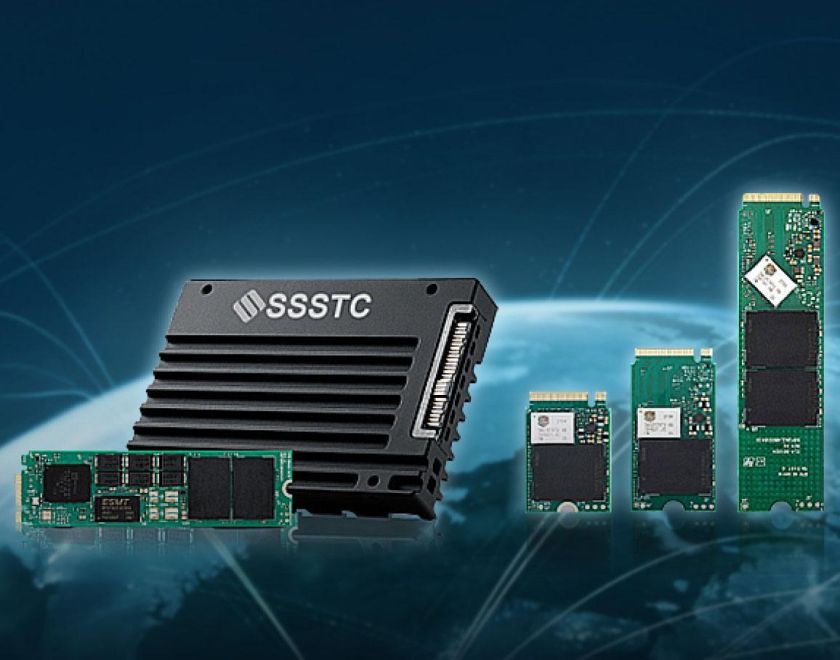SSD vs HDD: Exploring the Differences and Making the Right Choice
When it comes to data storage, two popular options dominate the market: Solid-State Drives (SSDs) and Hard Disk Drives (HDDs). While both serve the purpose of storing and retrieving data, they differ significantly in terms of performance, durability, and cost-effectiveness. In this article, we will delve into the key distinctions between SSDs and HDDs, enabling you to make an informed decision based on your specific needs.
The history of SSDs and HDDs:
- Hard Disk Drives (HDDs) were first invented in the 1950s and have been the dominant form of storage for personal computers ever since. HDDs use spinning disks and magnetic heads to store data, which makes them relatively slow but also very reliable.
- Solid-State Drives (SSDs) were first introduced in the late 1990s, but they were not widely adopted until the early 2010s. SSDs use flash memory to store data, which makes them much faster than HDDs but also more expensive.
In recent years, the price of SSDs has come down significantly, and they are now becoming the preferred form of storage for many users. SSDs offer a number of advantages over HDDs, including:
Speed and Performance: One of the primary differentiators between SSDs and HDDs is their speed and performance. SSDs utilize flash memory, allowing for lightning-fast read and write speeds. This results in significantly reduced boot times, faster file transfers, and snappier overall system responsiveness. On the other hand, HDDs rely on spinning disks and mechanical parts, leading to comparatively slower data access times. Consequently, SSDs are the preferred choice for applications that demand quick data retrieval, such as operating systems, games, and multimedia editing software.
Durability and Reliability: SSDs are superior in terms of durability compared to HDDs. Because SSDs lack mechanical moving parts, they are more durable than HDDs. HDDs with their disks and mechanical arms are vulnerable to damage from external impacts, while SSDs are better at withstanding vibrations and shocks. Although SSDs have a limited number of write cycles for their storage units, modern SSDs use advanced controllers, flash memory, and firmware technologies to improve their durability. Typically, SSDs operate within a temperature range of 0°C to 70°C and should be operated within this range.
Storage Capacity and Cost: HDDs hold an advantage over SSDs when it comes to storage capacity and cost per gigabyte. HDDs offer larger storage capacities at a more affordable price compared to SSDs. However, if you're looking for an efficient SSD with a good balance between performance and cost, you might consider the CVB SATA SSD as an example. This makes HDDs ideal for users who require vast amounts of storage for media libraries, archival purposes, or backup solutions without breaking the bank. Meanwhile, SSDs like the CVB SATA SSD, have become increasingly affordable over the years, and their prices continue to decline. Moreover, SSDs provide more efficient space utilization due to their compact form factor, making them suitable for laptops, ultrabook, and compact desktop systems.
Here is a table that summarizes the key differences between SSDs and HDDs:
|
Feature |
SSD |
HDD |
|
Speed |
Much faster |
Much Slower |
|
Power consumption |
Much Lower |
Much Higher |
|
Cost |
More expensive |
Less expensive |
|
Storage capacity |
Lower |
Higher |
In conclusion, SSDs and HDDs differ significantly in terms of speed, durability, and cost-effectiveness. While SSDs, including models like the CVB SATA SSD, offer superior performance, enhanced durability, and faster data access, HDDs excel in providing larger storage capacities at a more budget-friendly price. When deciding between the two, it's crucial to consider your specific requirements, such as the need for speed, data integrity, storage capacity, and budget constraints. By understanding the distinctions outlined in this article, you can make an informed decision and select the storage solution that best suits your needs.
Boost speed, reliability, and efficiency with an SSD like the CVB SATA SSD. Experience the advantages at SSSTC.com today!


__24C05D67dI.webp)
__24C15hqqtC.png)
__24C15wOdCC.png)

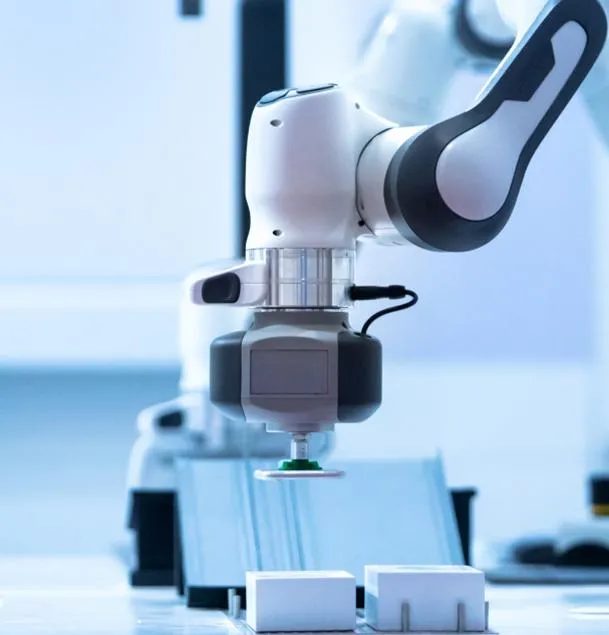
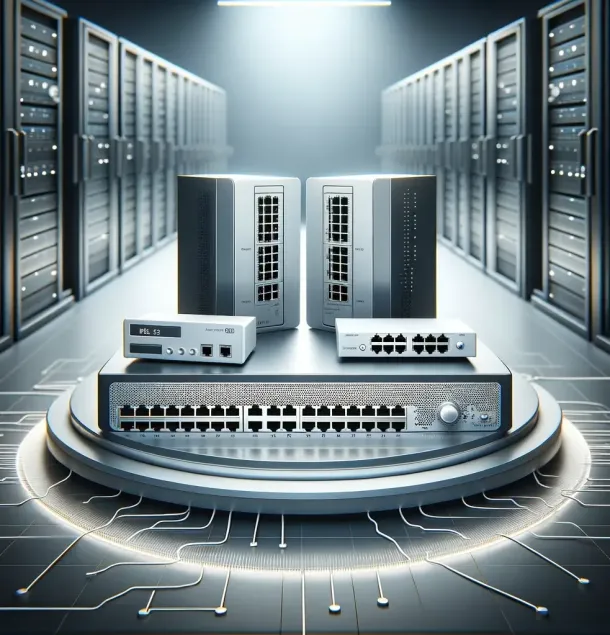


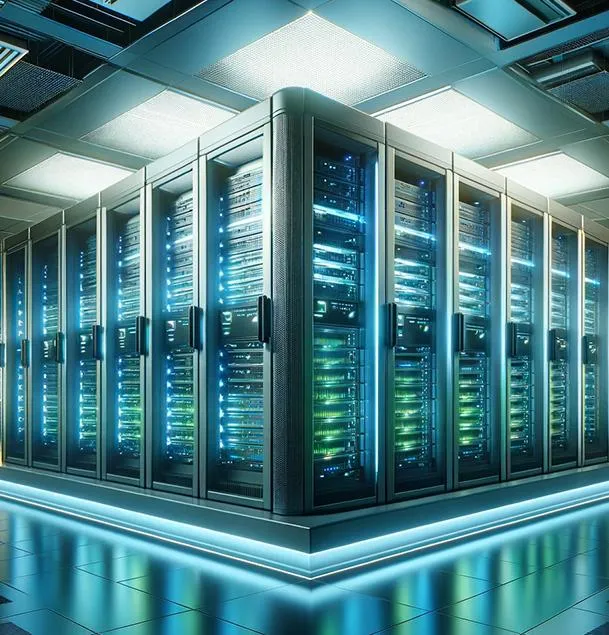



__24C05XQ2my.jpg)



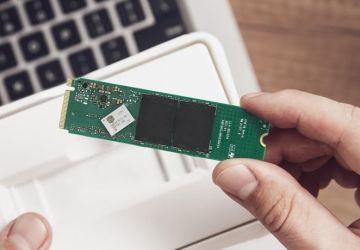



__24C05fplcZ.png)
__24C05vgHYC.png)
